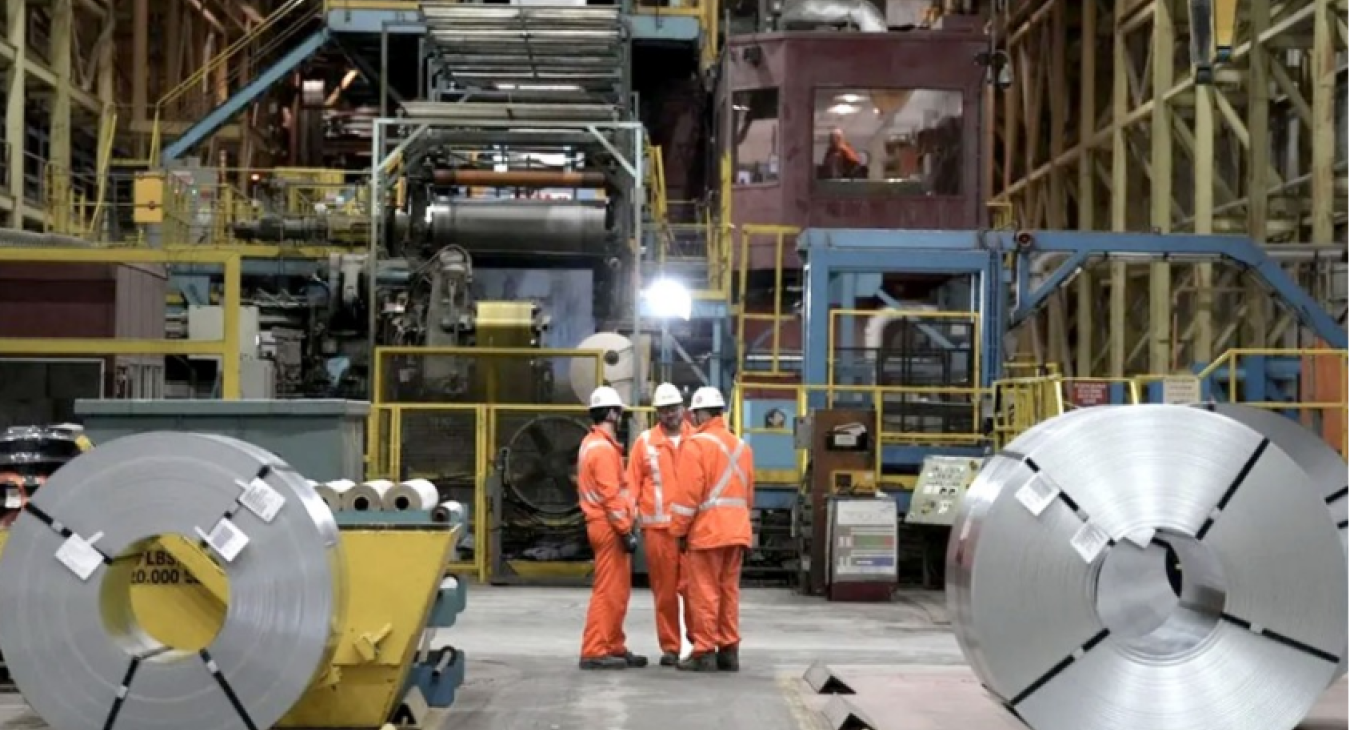US President Donald Trump backed down on a threat to increase tariffs on Canadian steel to 50% just hours after announcing it. However, 25% tariffs on aluminum and steel have been in effect since March 12.
Against this backdrop, Ontario has also suspended its retaliatory decision to impose a 25% surcharge on electricity supplied to the US, expecting a softening of Washington's stance.
Trump has once again criticized Canada, accusing it of being overly dependent on US military support, and has suggested solving the tariff problem by joining Canada with the US.
Experts warn that even the current tariffs are causing serious damage to both economies. The US buys 10 million tonnes of Canadian steel annually, supporting 23,000 jobs in Canada. Canadian steel companies also play a major role in the US defense and automotive sectors.
Canada's new Prime Minister Mark Carney has said that retaliatory measures against the US will continue until Washington returns to "free and fair trade." The tariff war has already had a negative impact on financial markets, with the S&P 500 index down 8% in a month.
